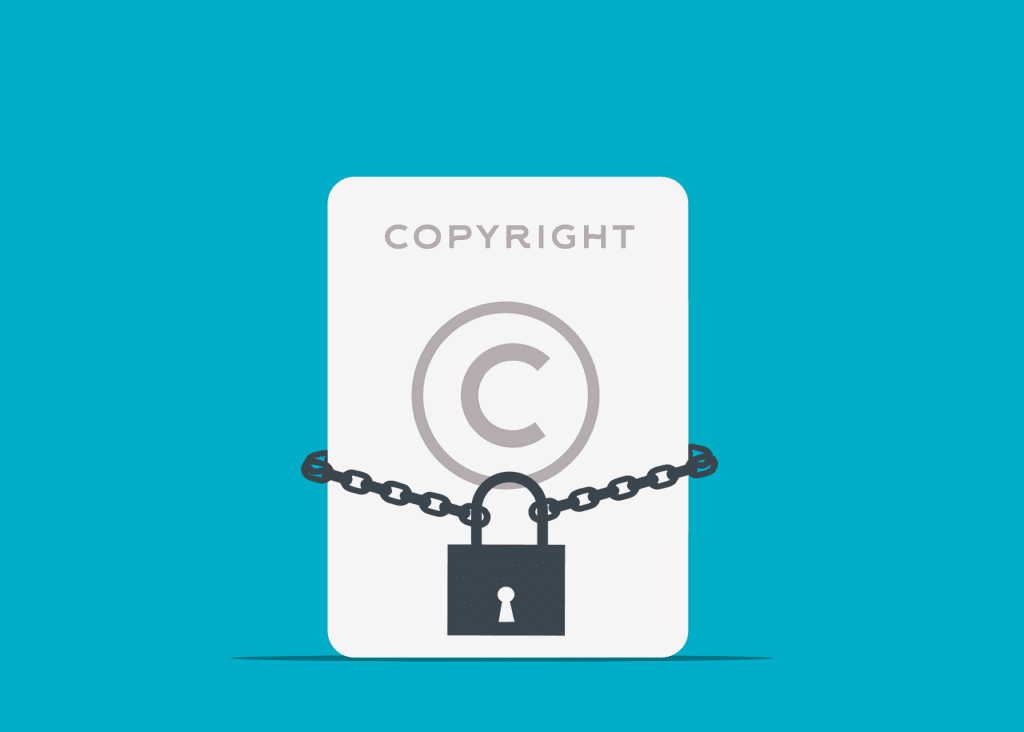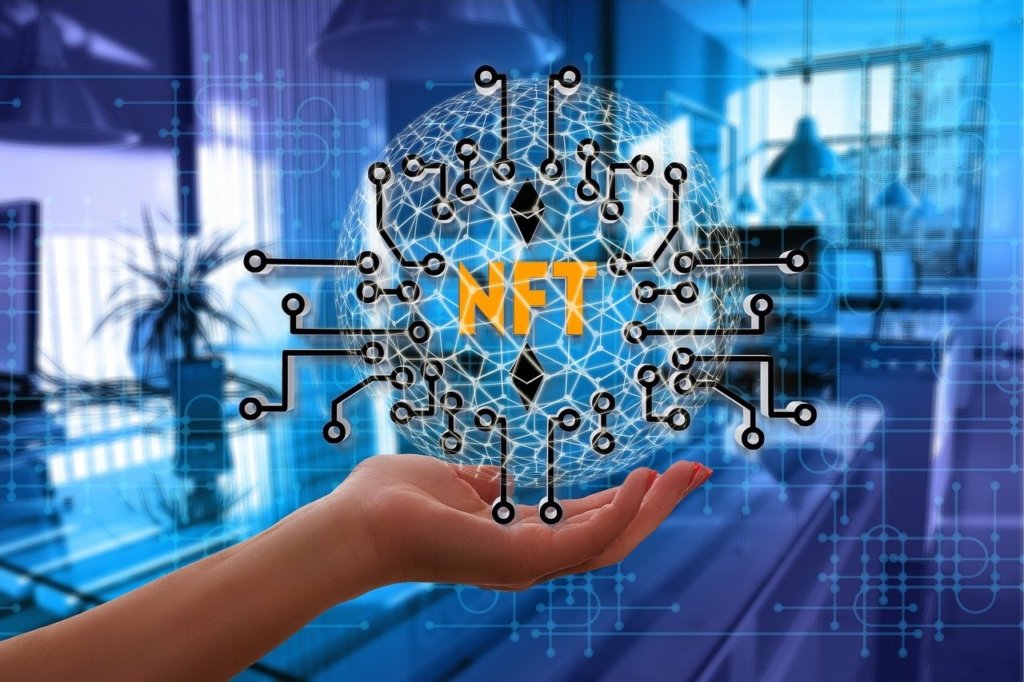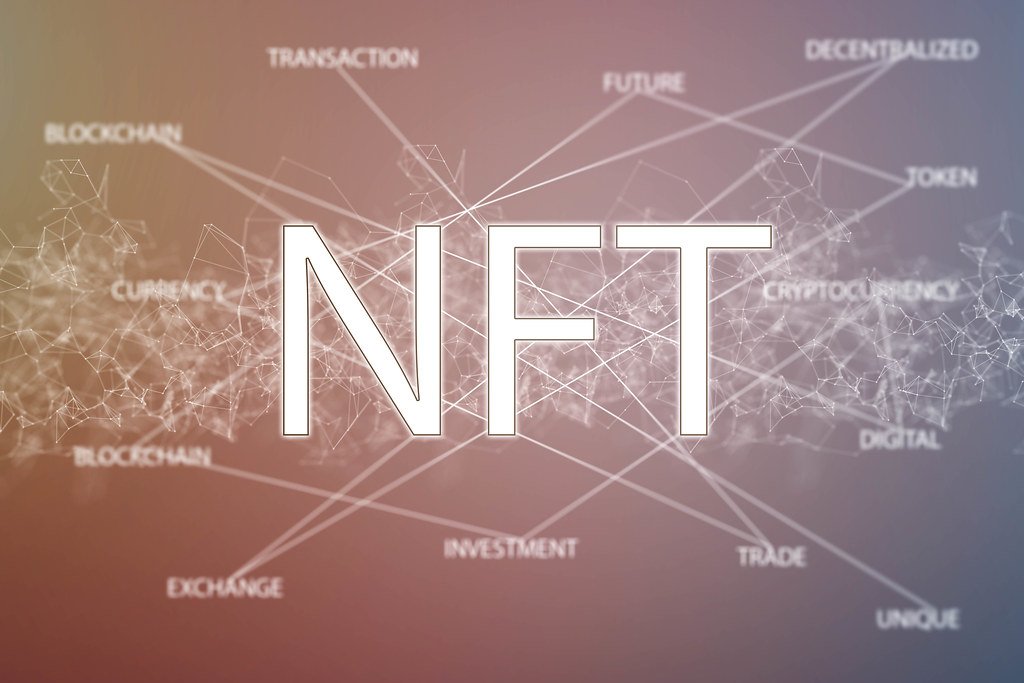
With the explosion in popularity of non-fungible tokens in recent years, digital creators may find themselves increasingly concerned with protecting IP in NFTs. Creators are fully entitled to intellectual property rights for their NFTs, though they can be somewhat harder to enforce given the decentralized nature of blockchain technology.
If you’re an NFT creator or interested in becoming one, what should you know about protecting IP in NFTs? We’ll cover the issues to consider regarding copyright, trademarks, and licenses.
How are NFTs created?
Non-fungible tokens are created through a process called minting. The minting process is what tokenizes a digital piece of content and places it on a blockchain.
To get started, an NFT creator must choose which blockchain they want to use and create a wallet. They will need to acquire some of the chain’s cryptocurrency to pay the gas fees necessary for minting the NFT.
Typically, Ethereum is the most popular choice because it has many NFT platforms and is a leader in smart contract technology.
Non-fungible tokens run on smart contracts – they describe all the ownership details of the transaction. They may also contain rights to the actual asset if the creator decides to include it in the sale. Smart contracts are also central to protecting the creator’s intellectual property rights. It outlines all the terms related to licensing and copyright usage.
What rights does an NFT creator have?
Copyright
It’s important to understand what an NFT sale is. When the creator sells their NFT, they aren’t selling the actual underlying asset itself (though they can choose to do so if they want). Instead, they’re selling the proof of ownership and authenticity that NFTs represent.
The sale shows the NFT has been transferred to the buyer’s wallet address. However, it doesn’t give the buyer any rights to reproduce the work, license it, or use it commercially.
The original creator is still the full copyright owner and retains all the rights that go along with that – unless they choose to sell those rights, too.
This even applies when the buyer decides to sell the NFT. The creator can receive royalties each time the NFT changes hands, if they specify those terms in the smart contract.
Aside from protecting IP in NFTs, this is also a great way for artists to continue profiting from their work
TRADEMARKS
Traditional trademark rules also apply to NFTs. However, the field is so new that businesses and creators should first check whether their existing trademark protections extend to NFTs. If not, they may need to file for additional trademarks.
Once a business or creator gets the protection, they are entitled to full ownership of their trademark in non-fungible tokens. This means if any NFTs with the trademarked material are minted without the creator’s permission, the creator can take legal action and have them removed from the NFT marketplace.
NFTs are a great way for businesses and creators to ensure authenticity, protect their brand, and reduce counterfeiting. A creator or company can use NFTs to protect their trademark online through the NFTs metadata, ensuring the buyer receives an authentic item.
NFTs also track ownership history, which can help buyers feel more confident they are buying a genuine product from the creator.
This is one reason why mainstream brands are beginning to tie their physical, real-world products with NFTs. The NFT proves the item is legitimate and tracks its movement from one owner to another.
Licensing
Another way digital creators are protecting IP in NFTs is by using NFTs to license the rights to their content.
While the buyer doesn’t own the underlying asset represented by an NFT, their purchase may come with a license that lets them use it in particular ways.
For example, the license agreement for the popular NFT project CryptoKitties allows buyers to use the artwork for commercial or artistic purposes, with a few restrictions. This includes making sure their profits don’t exceed $100,000 per year.
Licenses also apply to artists, athletes, or other celebrities who may want to profit from their content or likeness in another creator’s NFT. This ensures they receive appropriate compensation for their work.
Benefits of protecting IP in NFTs
Smart contracts are an excellent tool for creators to protect their intellectual property, as they clearly outline the terms of the sale.
Digital creators interested in protecting IP in NFTs should create smart contracts with terms that clearly outline the rights they have over their own content, and which rights are granted to the buyer.

NFT creators can also protect their intellectual property by reading up on the policies of the NFT marketplace where they sell their work. These platforms should assist creators in taking action against any non-fungible tokens that infringe on their copyright or trademark protections.
Challenges of protecting IP in NFTs
Of course, there’s never a way to completely eliminate the potential for counterfeits or copyright infringement.
This is due to the decentralized, cross-border nature of blockchain technology, as well as the fact that there are countless NFT marketplaces out there.
While decentralization enables artists in other countries to easily monetize and profit from their creations, things can get murky when it comes to copyright infringement.
If the person infringing on the intellectual property rights is located in another country, taking legal action against them can be difficult due to varying laws in each country.
On top of that, the users on these platforms are anonymous. This makes it hard to pursue any legal action against an offender.
And with so many NFT marketplaces on different blockchains, creators and businesses will need to monitor many different platforms to detect copies of their work.
What’s the future of intellectual property and NFTs?
As the concept of the metaverse continues to gain traction, there will be a bigger space for digital creators to profit from non-fungible tokens. This includes mainstream brands, which are beginning to offer their own digital products.
There have already been high-profile lawsuits from big brands against copyright infringers, such as Nike’s lawsuit against an NFT platform called StockX, which sells NFTs of Nike sneakers, or Miramax’s lawsuit against Quentin Tarantino for creating NFTs of “Pulp Fiction.”
Considering digital assets are a relatively new field, the outcomes of lawsuits like these could help establish a precedent for future cases concerning digital creators protecting their intellectual property.




